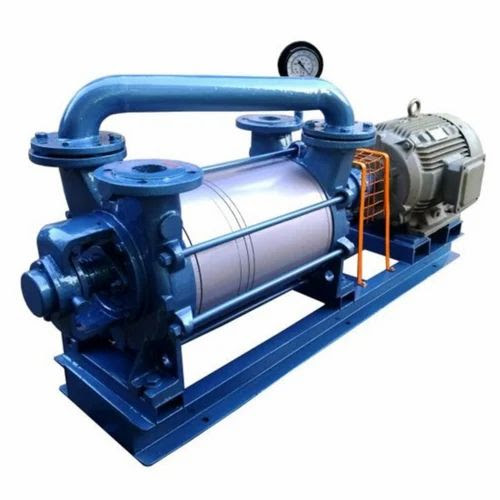How long do vacuum pumps last?

How long do vacuum pumps last?
Vacuum pumps can last for a wide range of time, from a few years to several decades, depending on factors like the type of pump, its operating conditions, and how well it is maintained. Some pumps can last 30 years or more with proper care, while others may need replacement within a decade or even a few years.
Here’s a more detailed breakdown:
Factors Affecting Lifespan:
-
Type of Pump:Different pump designs have different wear characteristics. Some, like rotary vane pumps, are known for their ruggedness and longevity when properly maintained.
-
Operating Conditions:Factors like temperature, humidity, and the type of gas being pumped can significantly impact a pump’s lifespan. Harsh conditions can shorten it.
-
Maintenance:Regular maintenance, including oil changes, filter cleaning, and part inspections, is crucial for extending a vacuum pump’s life.
-
Usage:How frequently and how long the pump runs, as well as its load, can also affect its lifespan.
-
Quality of Materials and Manufacturing:Pumps from reputable manufacturers using high-quality components tend to last longer.
General Lifespans:
- Liquid Ring Vacuum Pumps: Typically last 10 to 20 years, with some exceeding this range if well-maintained.
- Medical Vacuum Systems: In hospitals, they are often replaced every decade.
- General Vacuum Pumps: Some sources suggest a lifespan of 5 to 8 years with proper care.
Signs it might be time for a replacement:
- Decreased performance: Reduced suction power or efficiency.
- Unusual noises: Loud or rattling noises can indicate wear or debris.
- Increased vibration and noise levels .
- Need to run more pumps than usual .
- Age: If the pump is nearing the end of its typical lifespan (e.g., 10 years or more for medical vacuum systems), it’s worth considering replacement.
In conclusion, while some vacuum pumps can last for many years, it’s essential to pay attention to maintenance and operating conditions to maximize their lifespan. Regular maintenance and timely repairs are vital for ensuring long-term reliability.
What is water ring vacuum pump?
What is an electric vacuum pump?
How does a brake booster work?
What’s inside a brake booster?
